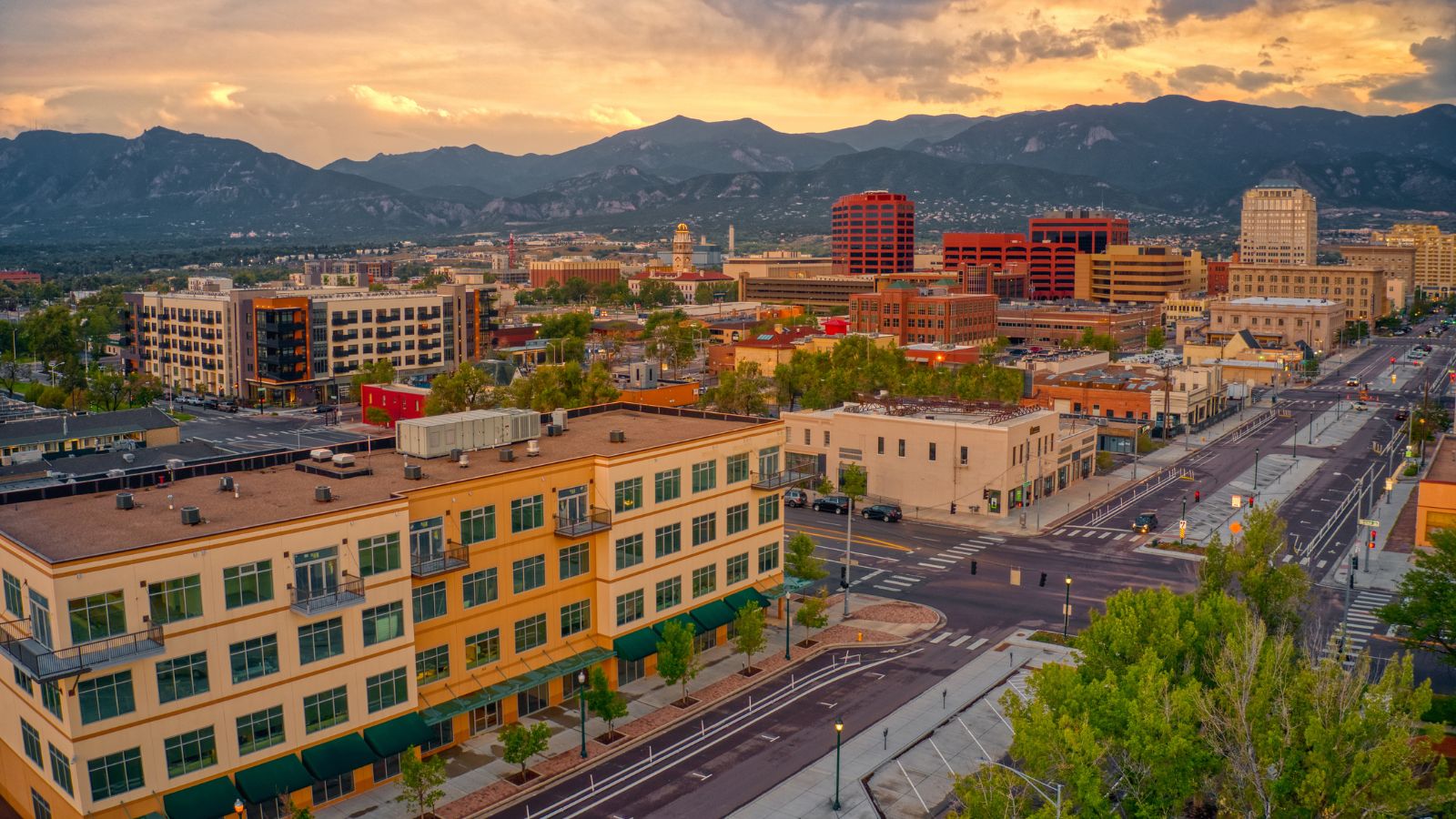Fears of a nuclear war have grown in America since Russia’s invasion of Ukraine and subsequent nuclear saber-rattling. The East Coast is full of potential nuclear targets, but these 17 places would be relatively safe when the bombs fell.
Maine
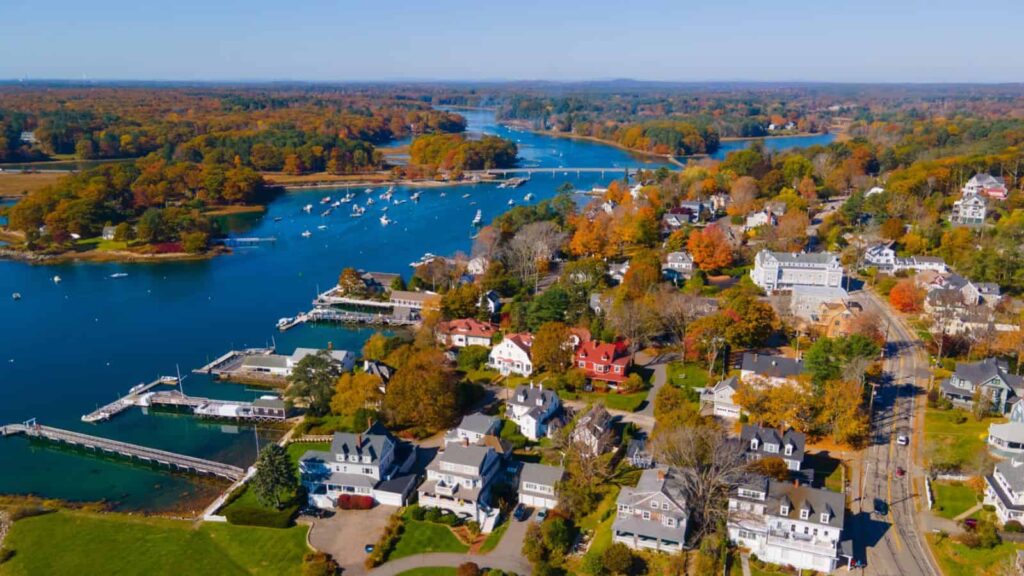
Q106.5 points to a study by 24/7 Wall St. that argued that the entire New England region “appears to lack any primary targets” in the event of a nuclear attack on America. Maine lacks nuclear plants, so it’s unlikely to be a target, but more rural parts of the state nearer to water and farmland would be safer than cities like Augusta.
Oregon
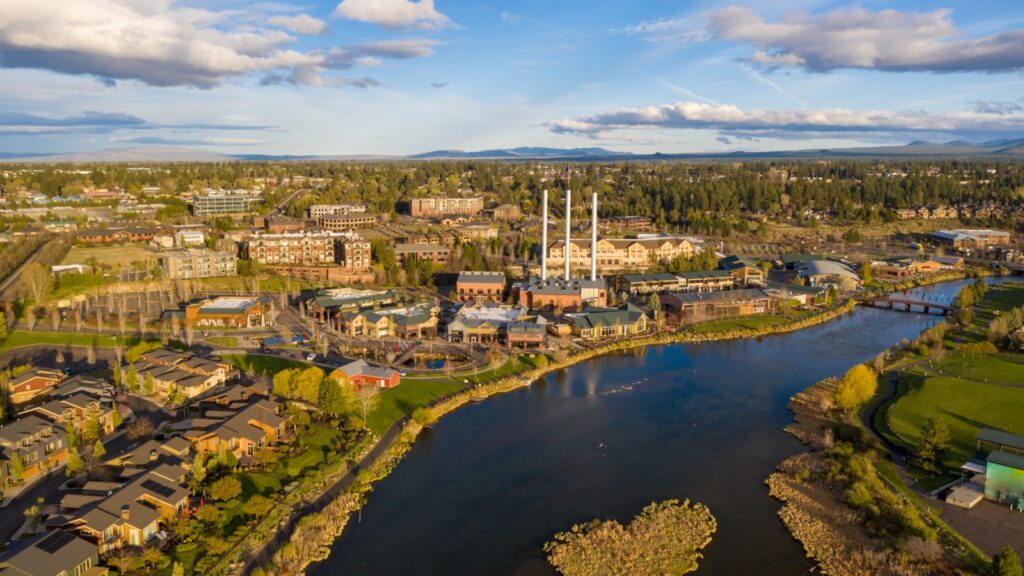
Much of the Beaver State is rural, away from densely populated areas. It also lacks strategic targets during a nuclear exchange, so the threat of radioactive fallout would be less severe for its residents.
Western Texas
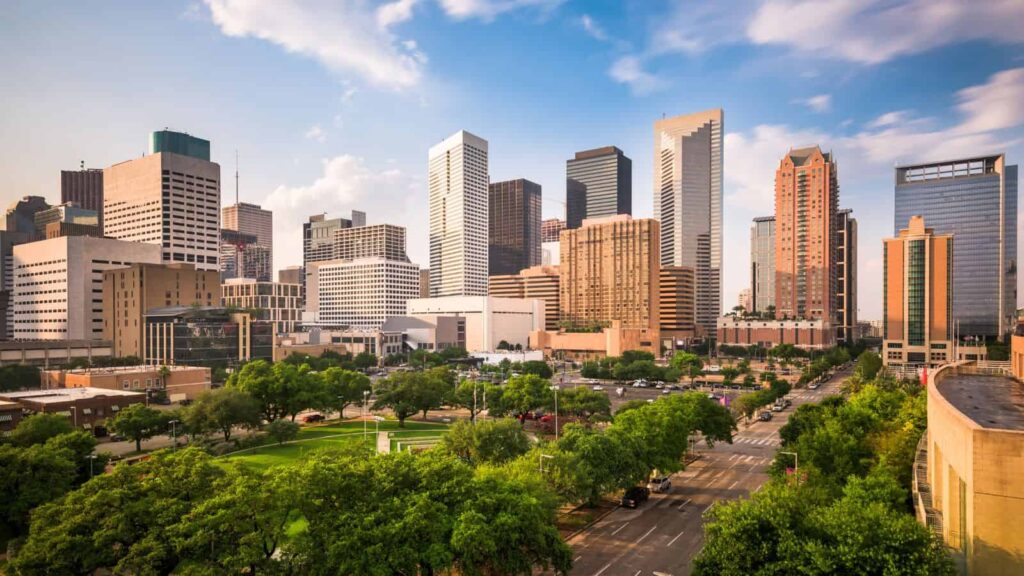
Western areas of the Lone Star State generally lack large urban centers and nuclear power plants, so they would likely be spared in a nuclear strike. Houston in the southeast and Austin in central Texas are major cities to avoid during the event.
Rural Florida
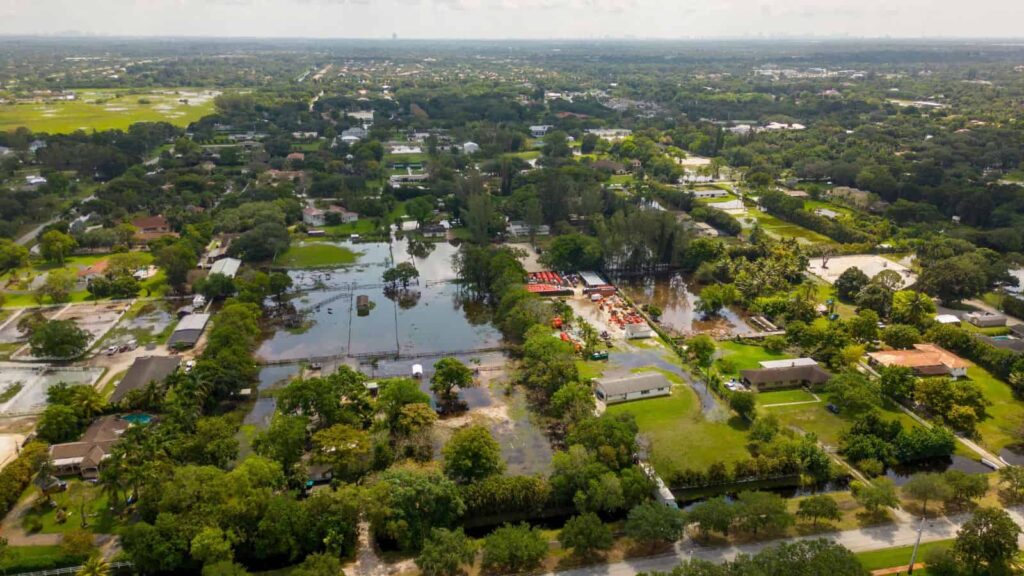
Rural parts of Florida away from Miami, West Palm Beach, and Jacksonville would be relatively safe during a nuclear event. The warm climate and easy access to water would also make life easier in the weeks after the initial attacks.
Minnesota
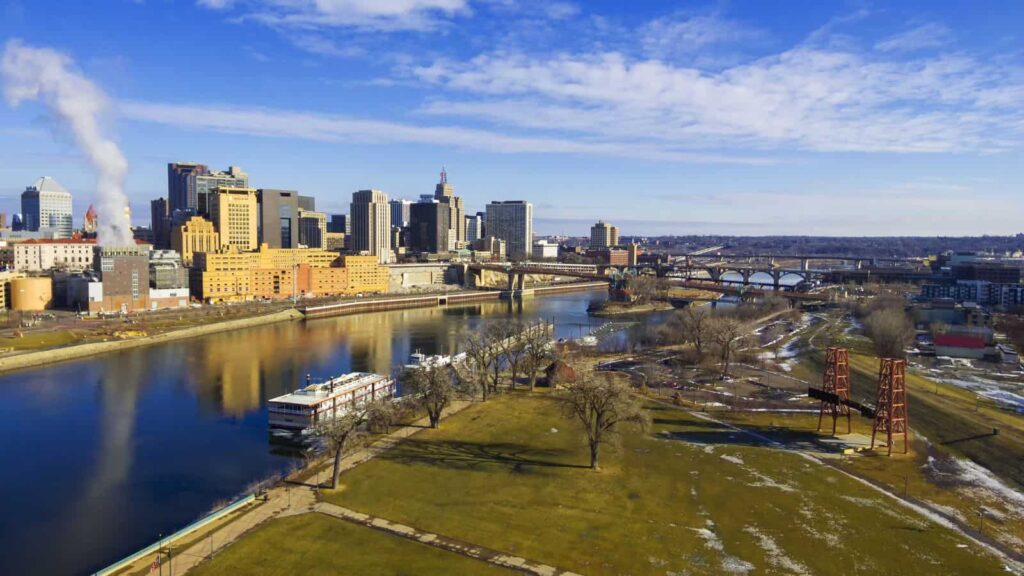
Minnesota is a fairly rural state that would be mostly spared during a nuclear attack. Outside of the Twin Cities, there would also be plenty of access to fresh water, food, and supplies, so the state would be fairly safe to live in.
Tennessee
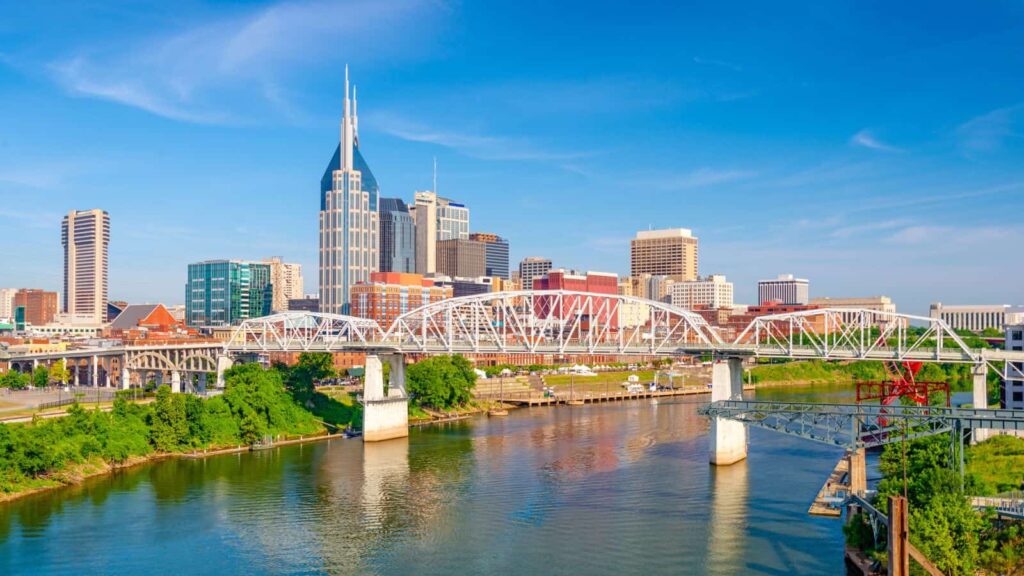
Parts of rural Tennessee far away from the state’s four nuclear power plants would likely be spared during a nuclear event. With access to farmland and water from the Mississippi River, life in the aftermath of the attack would also be relatively safe.
Wisconsin
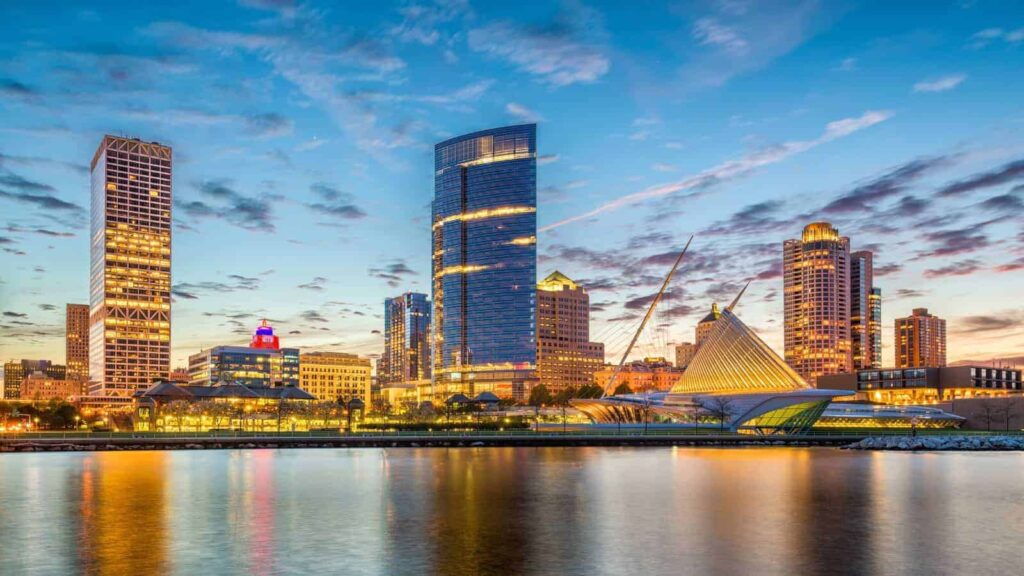
Most of Wisconsin will likely be spared during a nuclear event outside of Milwaukee, a large population center with a nuclear power station. Apart from the cold weather, life in rural parts of the state after the attack would be relatively easy.
Nebraska
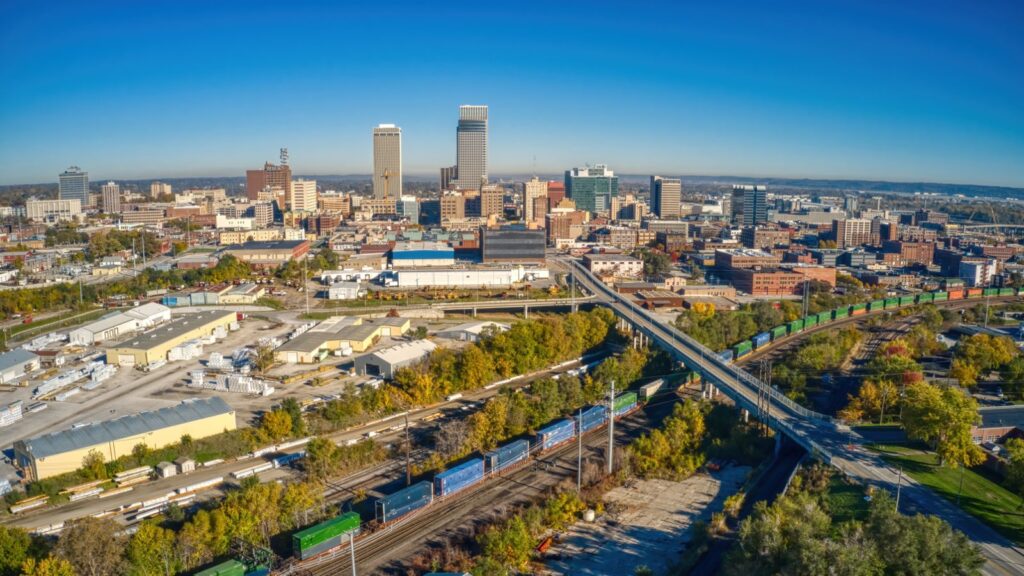
Outside of its large population centers and nuclear missile fields, the Cornhusker State would be relatively safe during a nuclear event. Its geographic location also protects against nuclear fallout, making it a safe place to live.
East of the Rocky Mountains
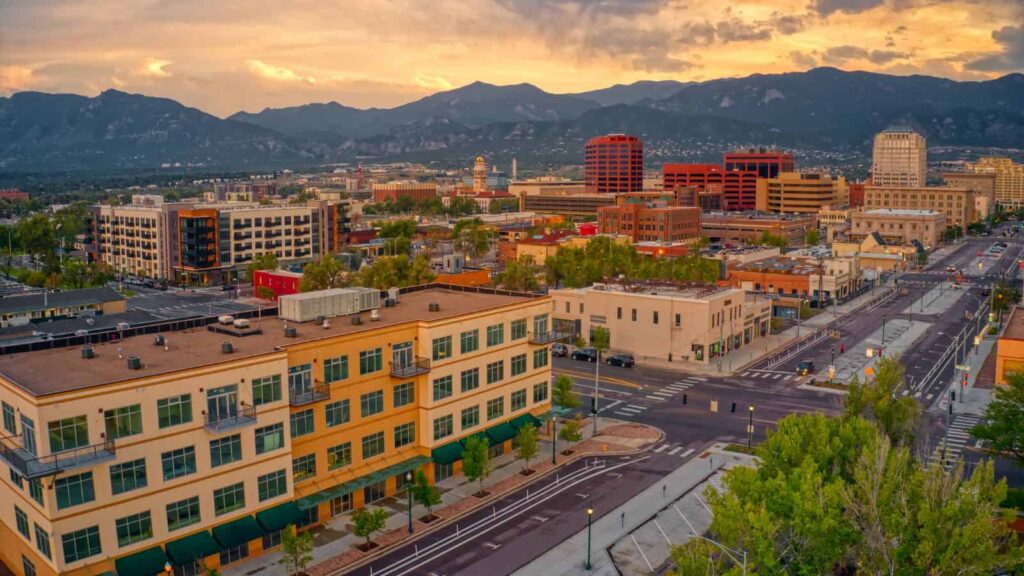
Dr. Mark Foreman, a Chalmers University of Technology associate professor, told Newsweek that areas east of the Rocky Mountains would be a good bet. Foreman explained that the area is a rain shadow because “the Rocky Mountains cause the rain clouds to release their water as rain,” which “can bring a lot of fallout out of the sky.”
North Carolina
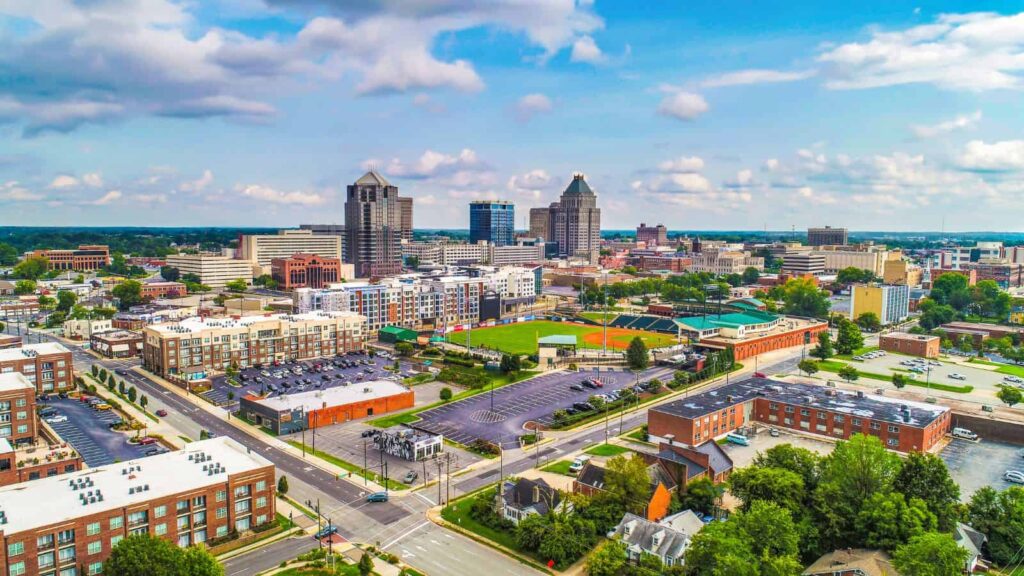
North Carolinians would be safe during a nuclear event outside of Raleigh and Charlotte, especially in rural areas. The state’s warm climate, proximity to water, and abundance of farmland would also make it an attractive place to live in the aftermath.
Missouri
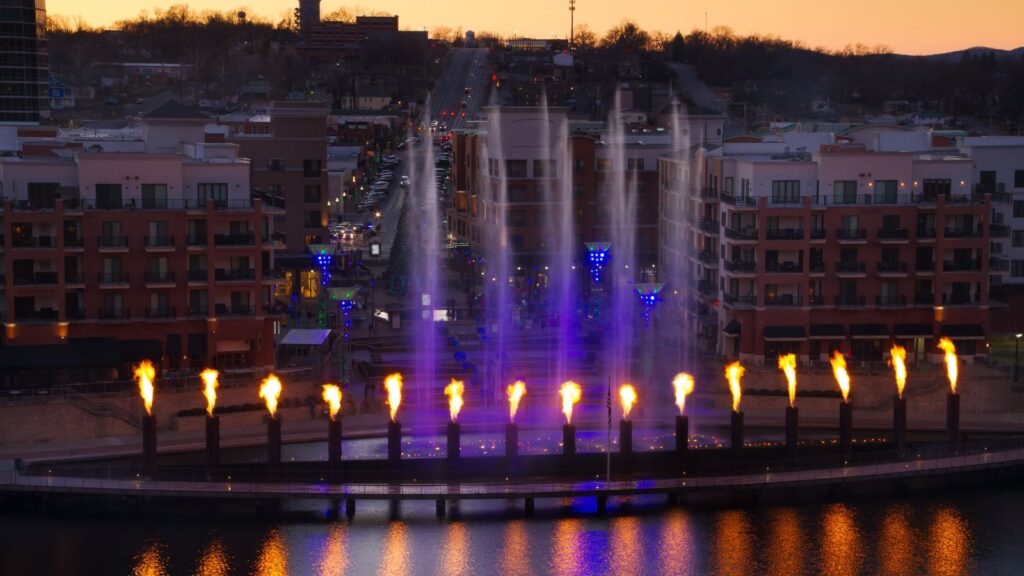
Rural areas outside of Kansas City would be mostly spared during a nuclear war. Survivors of the initial bombs and fallout would also have access to water from the Mississippi River and farmland for food.
Rocky Mountains
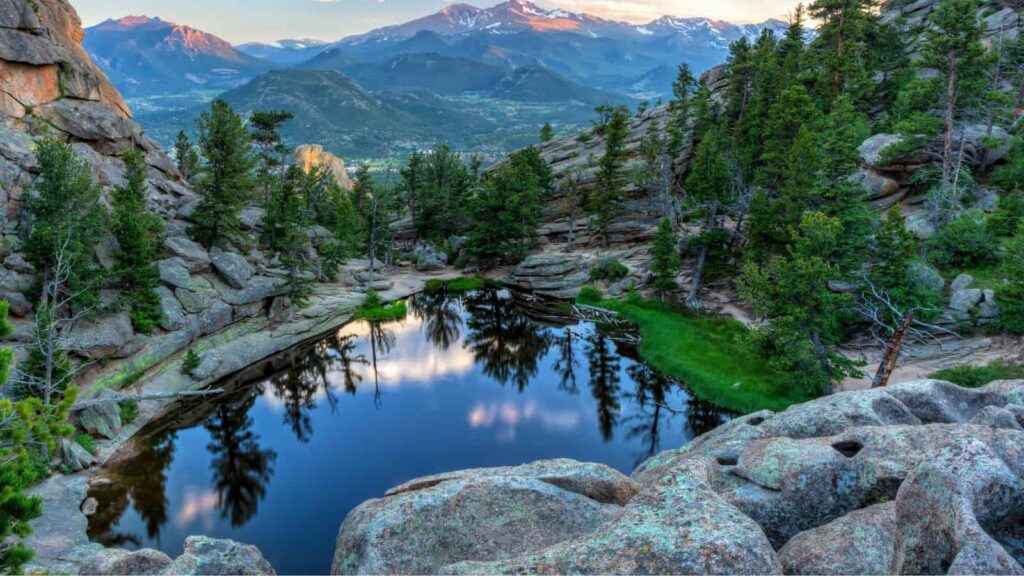
Metro quotes Jasen Edwards, a real estate expert, who argues that the Rocky Mountains would be a good place to be after a nuclear event. Edwards stated that “the elevation of the Rocky Mountains means that fallout would be dispersed more quickly and assisted by higher winds,” minimizing the amount of radioactive material reaching them.
Kentucky
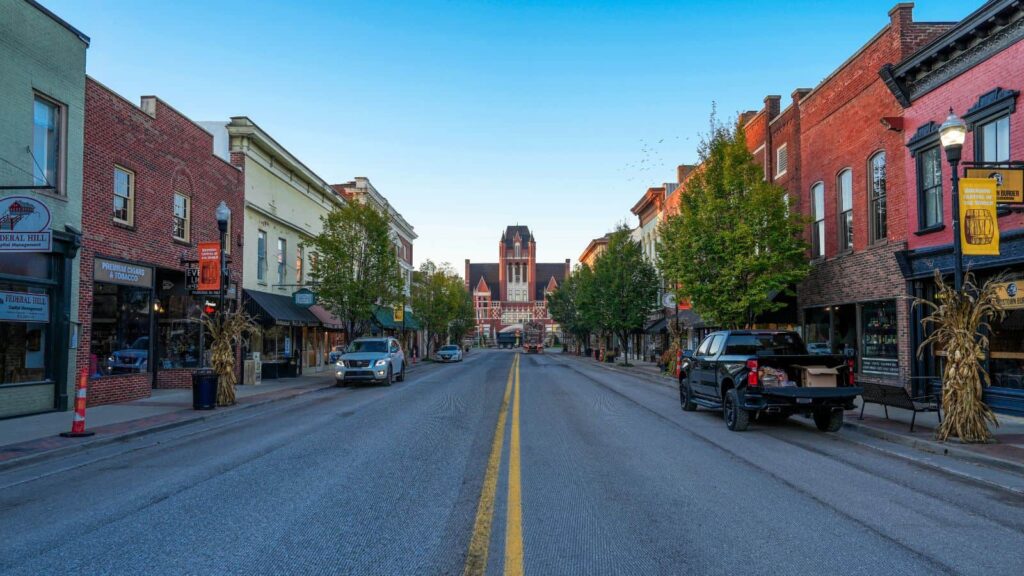
Kentucky would be a relatively safe state during a nuclear event outside of populated areas like Louisville. Survivors of the blasts and subsequent fallout would also have access to water from the Mississippi River.
Arkansas
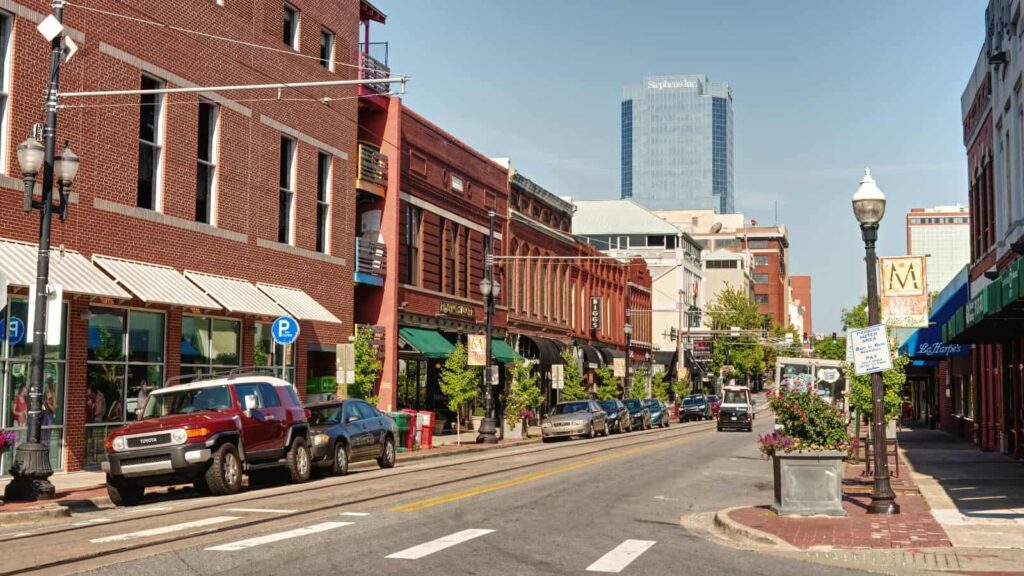
Like most of the South, Arkansas would mostly survive the brunt of the initial nuclear bombs. The warm weather, access to clean water, and farmland would make life in the months and years after the event easier than in states in the Northeast.
Northern California
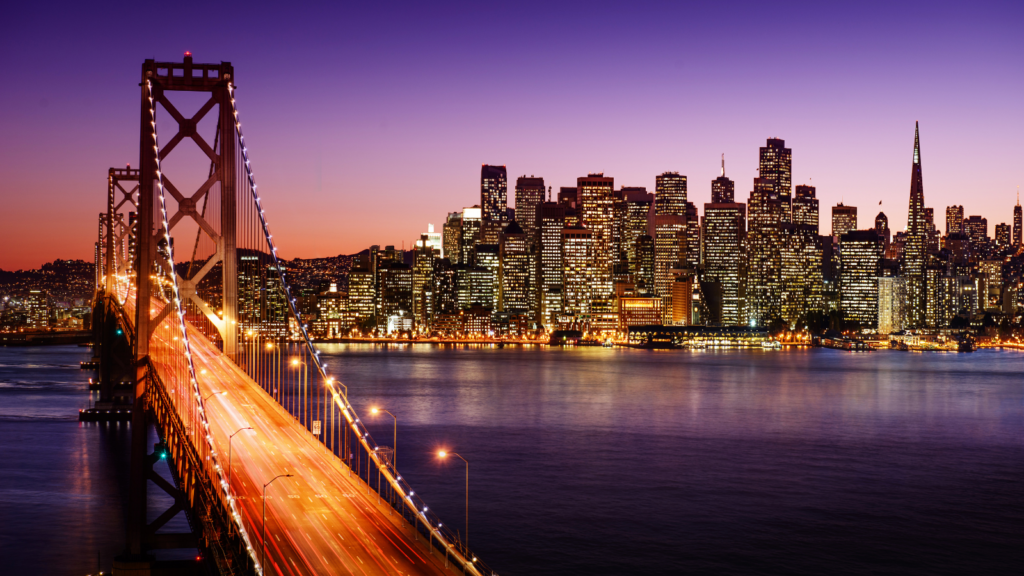
The northern part of the Golden State, far away from Los Angeles, San Francisco, and San Jose, is more sparsely populated and lacks any major strategic targets. Real estate expert Andrew Ragusa told the Daily Mail that he recommends rural parts of the state near water as places to survive a nuclear exchange. Ragusa argued, “If you’re near water, you will always be near food and water that can be ingested after it has been desalinated.”
Mississippi
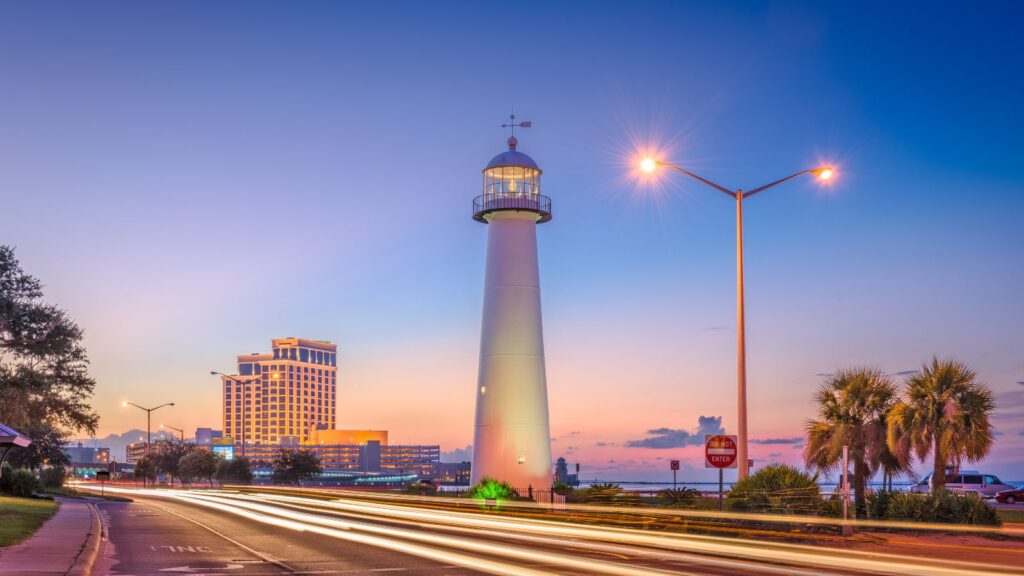
The Magnolia State would likely be spared from most of the warheads striking America during a nuclear war, and survivors would have access to clean drinking water from the Mississippi River. Its warm climate would also make growing crops easier.
Louisiana
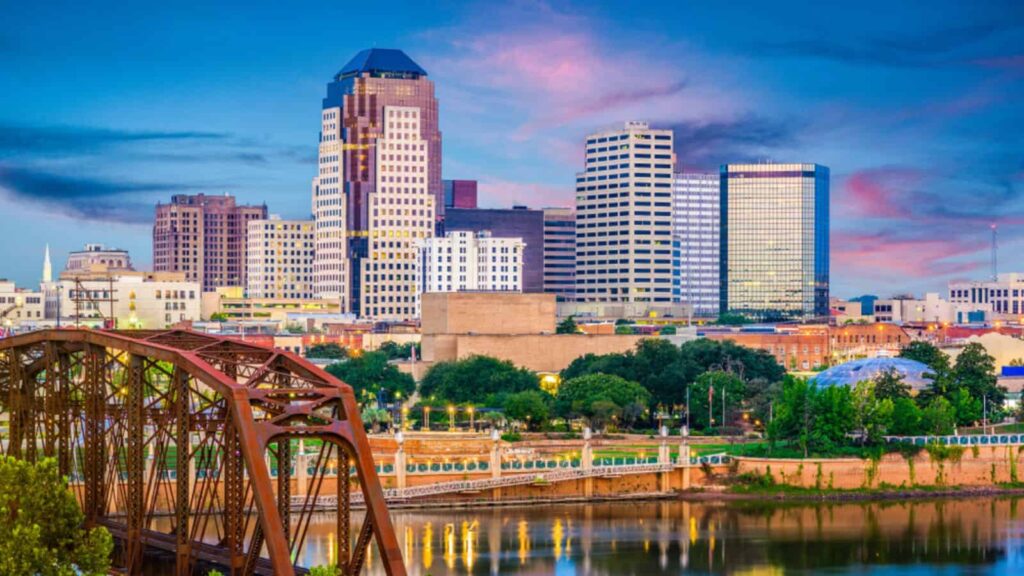
People living outside of Shreveport, Bossier City, and New Orleans could survive the initial attacks on Louisiana during a nuclear event. Life in Louisiana in the weeks after the bombs fell would also be easier than in the Northeast, Alaska, and Hawaii.
Up Next: 18 Reasons Why Men Get Grumpier As They Age
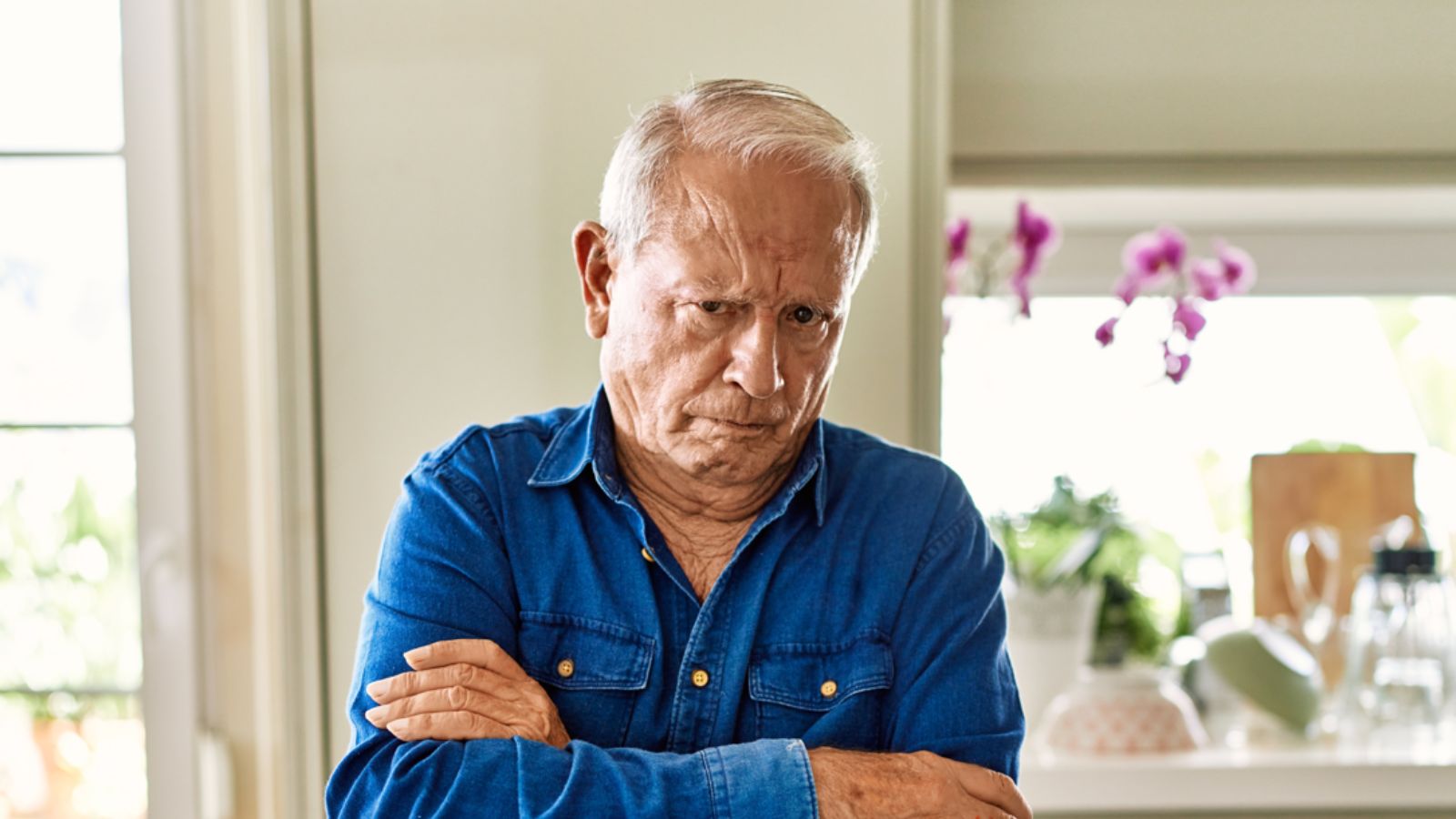
You might read this and be able to relate, or you may feel you’ve become grumpier the older you’ve gotten. Or maybe you know of a male friend or relative who has. Here are 18 reasons why men get grumpier as they age.
18 Reasons Why Men Get Grumpier As They Age
17 Products Millennials Refuse to Buy and It’s Affecting the Economy

Millennials have been the center of so much media attention due to their spending habits. Their unique ways of spending have built up and crushed many traditional industries. In this article, we look at 17 things millennials stopped buying and how that has impacted society.
17 Products Millennials Refuse to Buy and It’s Affecting the Economy
Where Even Truck Drivers Won’t Stop

Truck drivers tend to be hardy souls—well-seasoned travelers who aren’t often afraid to rest up or refuel in risky locations. However, there are certain U.S. locations that even the most road-weary trucker refuses to stop at for fear of criminal activity or natural dangers. Here are 17 such locations that even experienced truck drivers approach with trepidation (or not at all).

